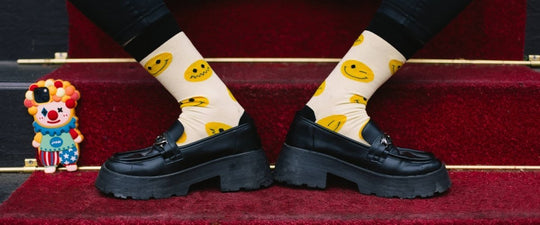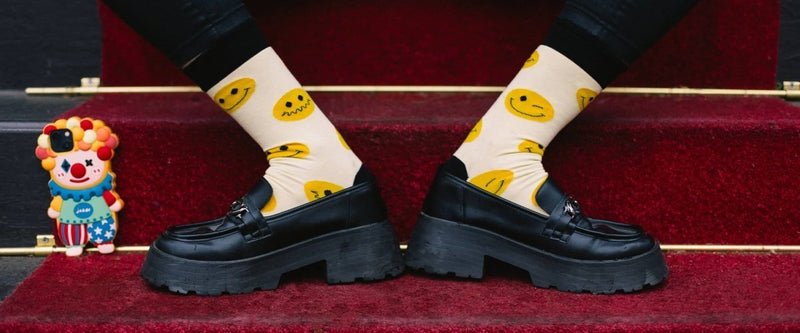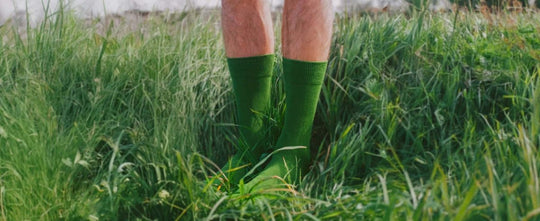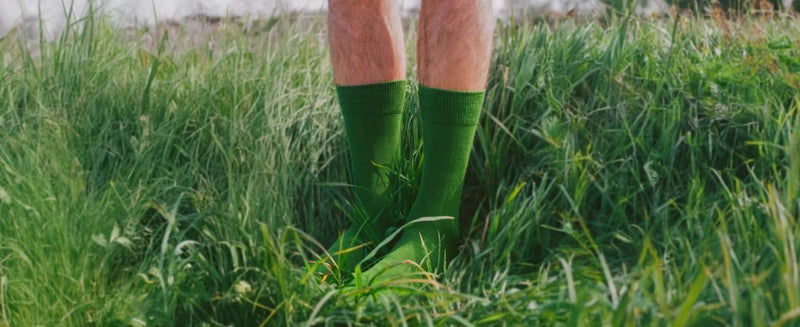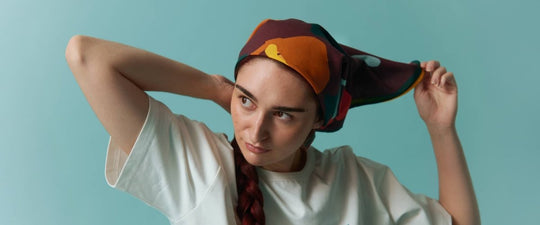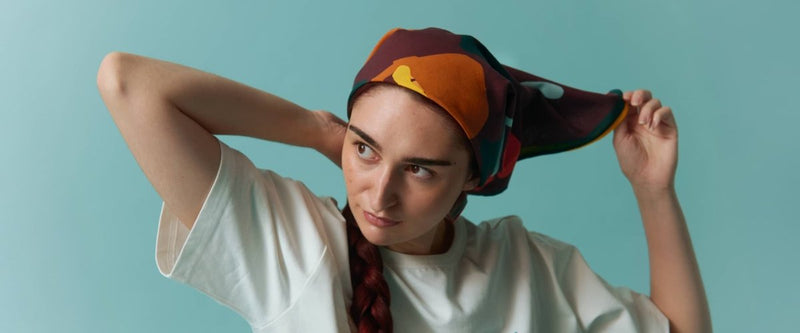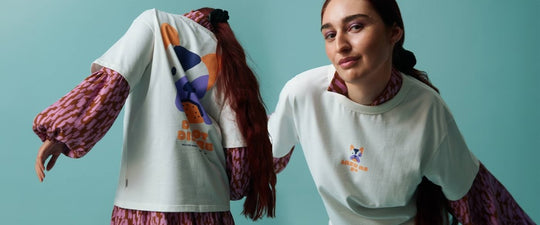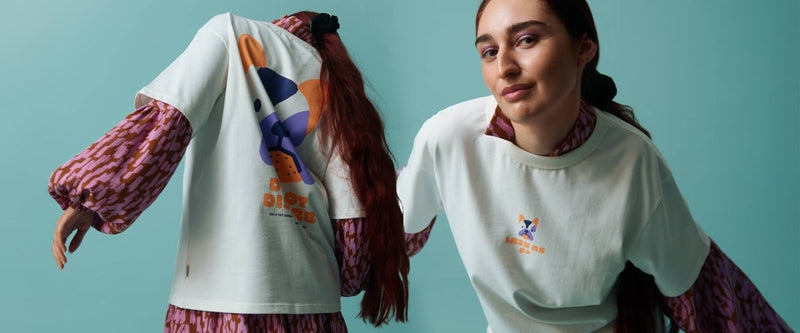It's official: D-Compose, our first sock collection made from 100% biodegradable material, is live!
At DillySocks®, sustainability has always been an integral part of our concept. With each new collection, we work to make the fashion world a little more responsible - always colorful, but also conscious. In recent years, we have taken a big step forward: the development of our D-Compose socks, which are made from 100% completely biodegradable materials. After an intensive phase of research and development, we can now proudly say that we have done it. Ready for some real behind-the-scenes information about our D-Compose collection?
Discover our D-Compose collection
Contents
The origin: The idea of a circular economy
Since our founding, our goal at DillySocks® has been not only to make fashion, but also to make it more sustainable. Organic cotton and recycled materials have been an integral part of our products for years. But our ambition goes even further: We want to develop a sock that is produced according to the highest standards of sustainability - and at the same time is completely biodegradable.
Keywords: circular economy and cradle to cradle. The vision of the circular economy is about creating products that can be returned to the natural cycle after use without putting a strain on the planet. This conviction was the starting point for our D-Compose project.
You can find more background information on the circular economy and Cradle to Cradle here.

The path: From concept to implementation
More than three years passed from the initial idea to the market launch. Developing a sock that not only meets the strict Cradle to Cradle Certified® standards but can also be produced on an industrial level was a major challenge for our producer Socklab. Our producer invested many months of hard work in researching and developing materials that are both biodegradable and durable and comfortable. One of the biggest hurdles was the transition from a small test collection to mass production.
D-Compose: LOVE IT, WEAR IT, COMPOST IT!
After years of intensive collaboration with our producer, the time has finally come: We welcome our D-Compose collection , socks made from 100% biodegradable materials. D-Compose socks are made from 98% organic cotton, 1% naNea by OceanSafe polyester and 1% Roica™ elastane. naNea and Roica™ are materials that have been developed so that they can be returned to the natural cycle after wear.
The D-Compose socks are not only environmentally friendly, but also suitable for everyday use: They are machine washable at 30°C and offer the same comfort and durability as our other socks. But the best part? Under good composting conditions, the materials decompose within six weeks - without leaving behind microplastics or harmful residues. Sock science at the highest level!

Cradle to Cradle Certified® Gold - The certificate behind D-Compose
The D-Compose socks use the latest material technology. We place particular emphasis on the quality and sustainability of the fibres used:
- naNea by OceanSafe: This synthetic fiber is a real revolution in the textile sector. It is not only biodegradable and compostable, but also completely free of harmful substances. This material meets the Cradle to Cradle Certified™ Gold Standard, which means that it is not only produced in an environmentally friendly way, but can also be returned to the biological cycle after use.
- Roica™ elastane: This stretch fiber is manufactured according to the Global Recycled Standard (GRS) and is characterized by the fact that it is degraded without harmful substances at the end of its life cycle.
Our socks are manufactured in a Cradle to Cradle Certified® production facility that meets particularly high social and environmental standards. You can find more information about the certificate here.
To the D-Compose collection - Wear it, love it, compost it

D-Compose - Available at coop city
The D-Compose sock is now available in 30 Swiss Coop City stores. If you would like to get a first impression on site, we can highly recommend a visit to one of the stores listed here:
FAQs about the D-Compose collection
The decomposition process only works under certain conditions. This means that when the D-Compose socks are put into the home compost heap, they require a certain humidity, temperature and oxygen content. Under these conditions, microorganisms decompose the material of the socks because they are 100% biodegradable. This feeds the microorganisms and ultimately creates nutrient-rich soil without harmful substances or microplastics. How quickly this process takes place also depends on the conditions of the compost heap.
Actually, I hear this a lot 😊, but as explained in the question above, this only happens under certain conditions and with the help of microorganisms. These conditions are never achieved when wearing or washing the socks.
The circular economy is closely linked to the cradle-to-cradle principle. The circular economy is about keeping resources in use for as long as possible. Products are designed so that they are not simply thrown away at the end of their life cycle, but can be reused, recycled or composted. The idea is to close the loop of resources so that nothing is wasted. While in the linear economy things are manufactured, used and then disposed of, the circular economy is all about using products and materials in such a way that they can always return to the cycle - in the spirit of cradle-to-cradle.
Cradle to Cradle (C2C) literally means 'cradle to cradle'. This is a sustainable concept in which products are developed so that they are either completely biodegradable or infinitely recyclable. It distinguishes between a biological cycle, in which materials are safely returned to nature after use, and a technical cycle, in which they are reused as raw materials for new products. The aim is to avoid waste completely and instead create closed cycles.
Do you want to see the socks for yourself? Discover D-Compose now!










